How many times have you found yourself in a situation when after a conversation with someone you thought to yourself “I wish I knew how to do that”? Maybe your answer is ‘never’ but if so, I would strongly suspect you in not being 100% honest with yourself. The thing is that many people stop acquiring new major skills after graduating and finding some kind of a job. Daily life routine takes a lot of our time and energy and few people go for a second education not to mention a third one. I absolutely do not blame or judge anyone. It is hard and situations differ but the truth is that often times you don’t actually need a university degree with hundreds of hours of classes to learn something new. Sometimes you just wish you had a certain skill. You may want to learn something new just just for yourself because you find it interesting or just for the sake of getting a new skill and that’s great! You don’t need to spend another chunk of your life just for that. If there is something you wish you knew ‘how to’ then don’t put it off, just go for it.
With internet nowadays being what it is you can find almost anything you start looking for and Google and Youtube are the best go places to begin with. There’s so much information you can often feel overwhelmed, though. Ease of sharing information on the internet is a great thing which, however has its downside too and that is quality. When putting out tutorials or guidelines for this or that topic many ‘teachers’ may in fact lack knowledge themselves or lack the ability to explain. This makes it harder for learners to find quality sources. It makes you have to sift through tons of content to find a gem. Digging for quality may become easier with practice but it will remain something you have to deal with unless… unless you start digging in higher quality places. What I mean by that is there are special dedicated resources for getting knowledge and skills. Places like Udemy, Skillshare, Coursera and others. I only mention these three sources as they are among the most recognizable and reputable places to go for new knowledge and skills.Now, I should mention these sources have differences approaches to learning, as well as pricing.
Coursera‘s courses, for example, are more theory based, more like university ones. In fact, Coursera collaborates with the leading universities and companies, names like Stanford, IBM, Google and many many more. A lot of courses can be accessed for free but there’s also an option of getting a certificate upon completion which you can later use on your Linked-in profile and improve your ranking.

As for Skillshare it is membership based. You pay for a month or for a full year (about $15 or $100 respectively) and get access to their entire vault of courses and tutorials, however paying right away is not necessary. If you feel like having a grasp of the platform before adding your credit card info that’s totally fine. Just start creating your account with them and when it comes to your billing information leave it blank, go back to the main page and search for a course of your interest. You will be happy to see that they actually have lots of tutorials available for free. Even if you decide you want to gain full access you have a 7-day free trial. I personally find Skillshare very convenient to use and their pricing seems more than reasonable to me. If you don’t like a particular class you can easily find another one and not pay anything extra. Definitely worth giving a shot.

Udemy is similar to Skillshare in terms of their classes format, but their pricing differs. The company claims to have the worlds largest collection of courses which is obviously a big plus and gives you a higher chance of finding exactly the course you need. However, they do not offer a membership based access to everything. Each and every course you have to buy individually. Their courses do have free previews and descriptions, so you can have an idea of the content before you pay. That said, once you purchase a course (around $20 at a discount price) you retain a full lifetime access to it with no monthly or annual fees. My personal take on this is that it’s not as convenient as Skillshare in terms of accessibility but gives you a higher chance of finding exactly what you look for. If you’re only looking for a tutorial on a particular topic and want to be able to access it every once in a while, Udemy could be your best bet.

Of course, the three platforms I have described are not the only pillars of modern self-development, but they do cover a wide variety of topics and areas while other sources tend to have more focus on fewer subjects. I really hope you find this helpful and that you will find some time to learn something new and broaden your mind.
